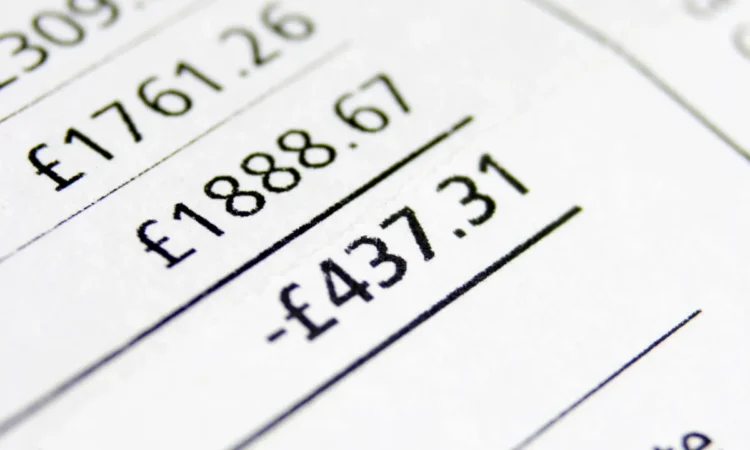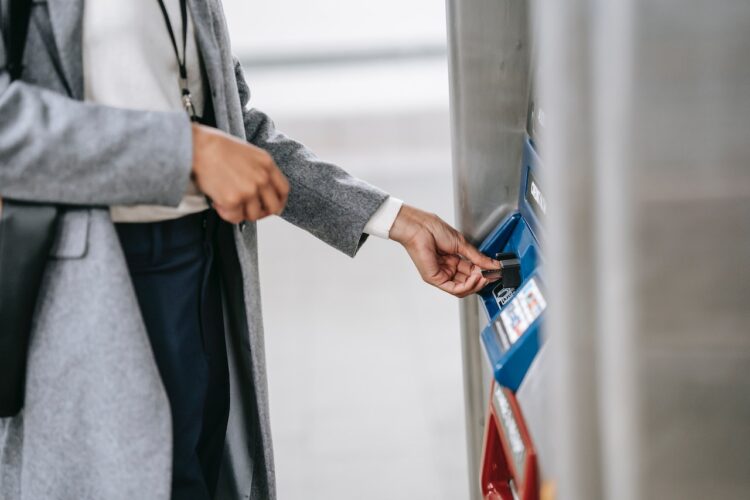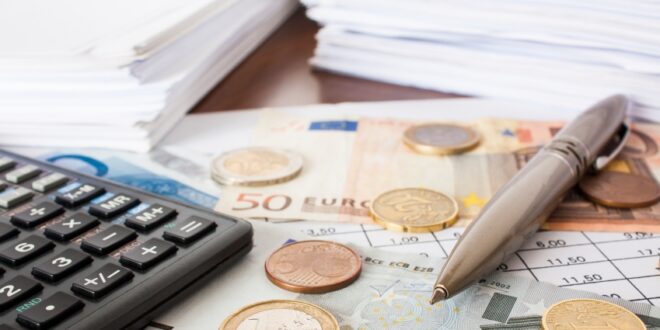Bank fees may not seem like much of a financial problem at first. These fees tend to be small, so they won’t put much of a dent in your account balance. But if you keep getting charged the same fees over and over again, those small costs add up. If you tally up the fees on your monthly bank statements over the course of the year, your stomach might drop at the total amount that you’ve been charged.
Bank fees aren’t inevitable. There are certain steps that you can take to make sure that you don’t waste your money on these fees anymore.
Maintenance Fees
Banks charge customers monthly maintenance fees. These fees vary wildly in price. Depending on your bank, your account could face a fee between $5 to $30 every month.
Can you stop paying these fees? The answer to this is “maybe.” Some banks won’t allow customers to skip these monthly fees. The fees are considered the cost of operating an account with the institution. On the other hand, some banks will waive the fees if you meet certain account requirements on a regular basis.
These requirements often involve maintaining a minimum balance and receiving a certain number of direct deposits. You might also need to open up a second account through the bank. So, if you have a checking account with the bank, opening a savings account with them could help you skip the fees from that point forward.
If you are a student, you might also be able to avoid maintenance fees for a short period. Many accounts directed toward students (or customers in a “student” age range) will not charge these monthly fees. Take advantage of this benefit while you can.
Overdraft Fees

When you make a transaction that pushes your checking account balance into the negatives, your bank will charge you an overdraft fee. Typically, a single overdraft fee is $35. Every time that you make a transaction while your balance is in the negatives, you could be charged an overdraft fee. So, you can easily rack up fees if you don’t notice that you’ve made this spending error.
How can you avoid overdraft fees? These are three solutions you should consider.
1. Low Balance Alerts
Set up a low balance alert through your bank’s website or mobile banking app. A low balance alert will notify you when your account balance is getting close to the bottom. This should make you cautious about making any transactions — at least, until you’ve added more funds to the account. You’ll know that if you’re not careful, you could accidentally drain the account to zero or push it into overdraft.
Most low-balance alerts will trigger when your account goes below $100. You can customize the alert to go off at a different threshold. You can also choose to be alerted via email, text message or both.
2. Overdraft Protection
Your bank might offer overdraft protection services. With overdraft protection services, you can link your checking account to a secondary account. If your checking account makes a transaction that would push the balance into the negatives, it will trigger the overdraft protection service. The secondary account will automatically transfer funds to cover that transaction.
You can link your checking account to an active savings account or credit card. You should know that using a credit card for overdraft protection is risky. Any transfer from your credit card will be charged as a cash advance, which will not have a grace period when it comes to interest. Linking your savings account is a safer choice.

3. Emergency Fund
You might drain your checking account when you’re trying to pay for an emergency that’s outside of your budget. It’s understandable. The expense is urgent and unexpected. Of course, you won’t be thinking of how it will impact your balance when you make the transaction — you’re just reacting to the problem at hand.
One way that you can avoid this mistake is by setting up an emergency fund. An emergency fund is a savings account full of personal savings reserved for urgent, unexpected expenses outside of your budget. Instead of using the funds from your checking account to pay off this type of expense, you can withdraw the necessary savings from your emergency fund.
ATM Fees
When you use another bank’s ATM, you will face two frustrating fees. First, the bank network that owns that ATM will charge you an operator’s fee. This fee is usually $1-3. Some ATMs that are not bank-affiliated will charge you even higher fees. For example, some casinos have ATMs that charge $10 operator fees.
In addition to operator fees, your bank will charge you an out-of-network ATM fee. This fee is typically $2-3. Altogether, you could be spending over $5 in fees every time that you make this mistake.
ATM fees are easy to avoid. All you have to do is use the ATMs that are within your bank’s network. If you’re not always sure where those are, use your bank’s mobile app. It will likely have an ATM locator that will help you find all of the available ATMs nearest to your location.

Paper Statement Fees
Do receive bank statements in the mail? Your bank is likely charging you for that service. A paper statement fee is usually between $1-$6 per month.
This fee is easily avoidable! All you have to do is switch to e-statements in place of paper bank statements. Go to your bank’s website or mobile app and log in to your account. Then, go to your account settings and choose the option for paperless statements. That should stop the mail and the fees from rolling in every month.
You don’t have to pay for all of these bank fees anymore. Follow these steps and avoid the small, but significant penalties from now on. Save your money.
 Hi Boox Popular Magazine 2024
Hi Boox Popular Magazine 2024



